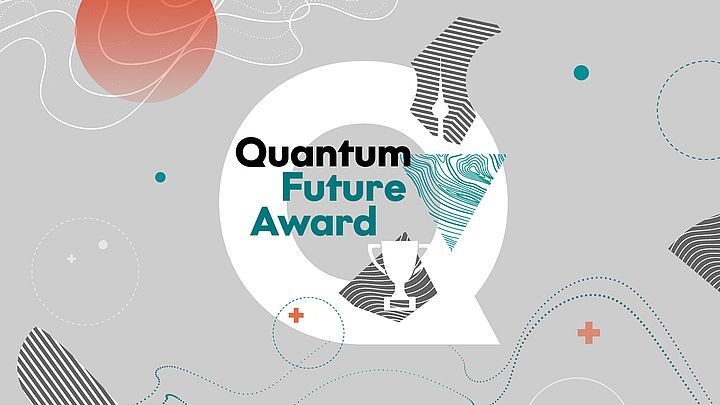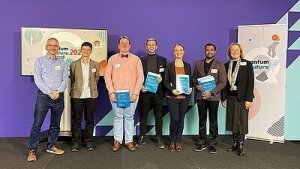
Mr. Uday Chandrashekara – Master graduate of the Abbe School of Photonics and now researcher at Fraunhofer IOF – was awarded for his master thesis.
Quantum Future Award 2022
- Light
Published: | By: VDI Technologiezentrum, translation by Luca Hager.
